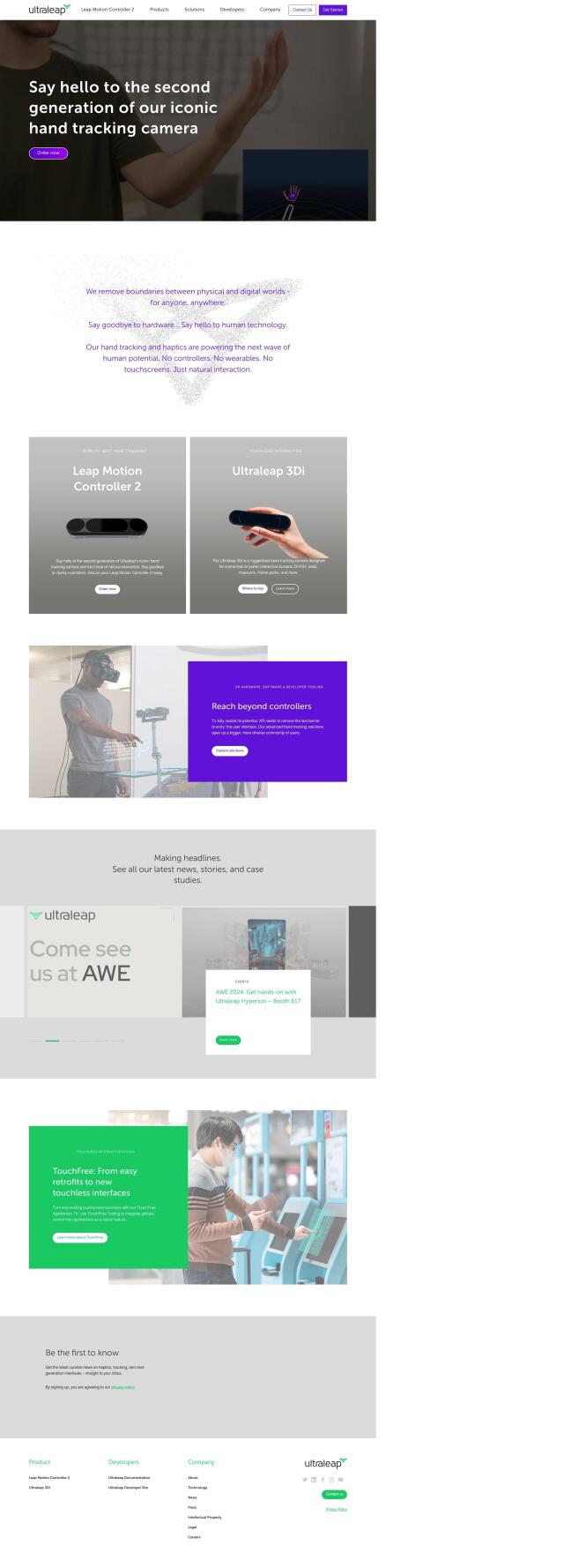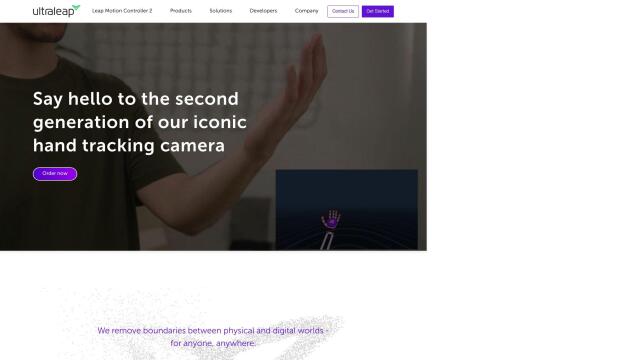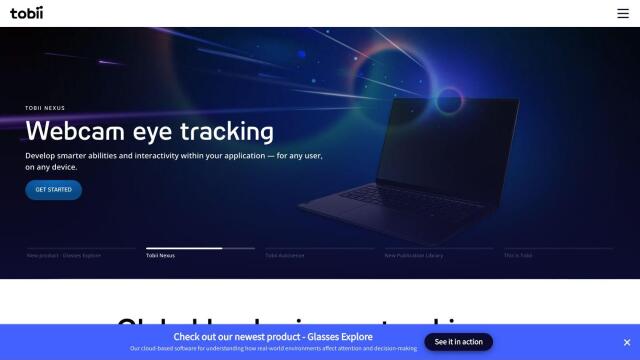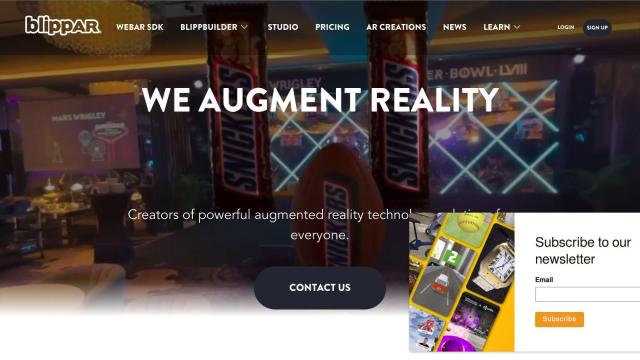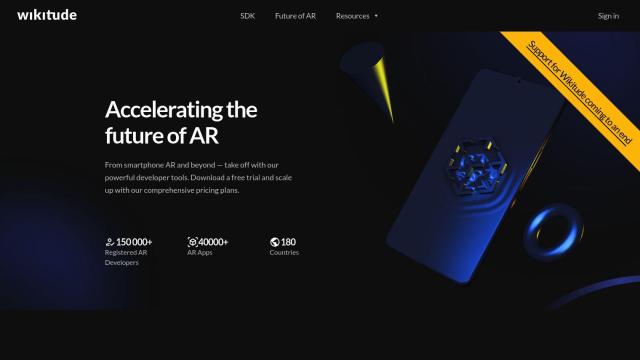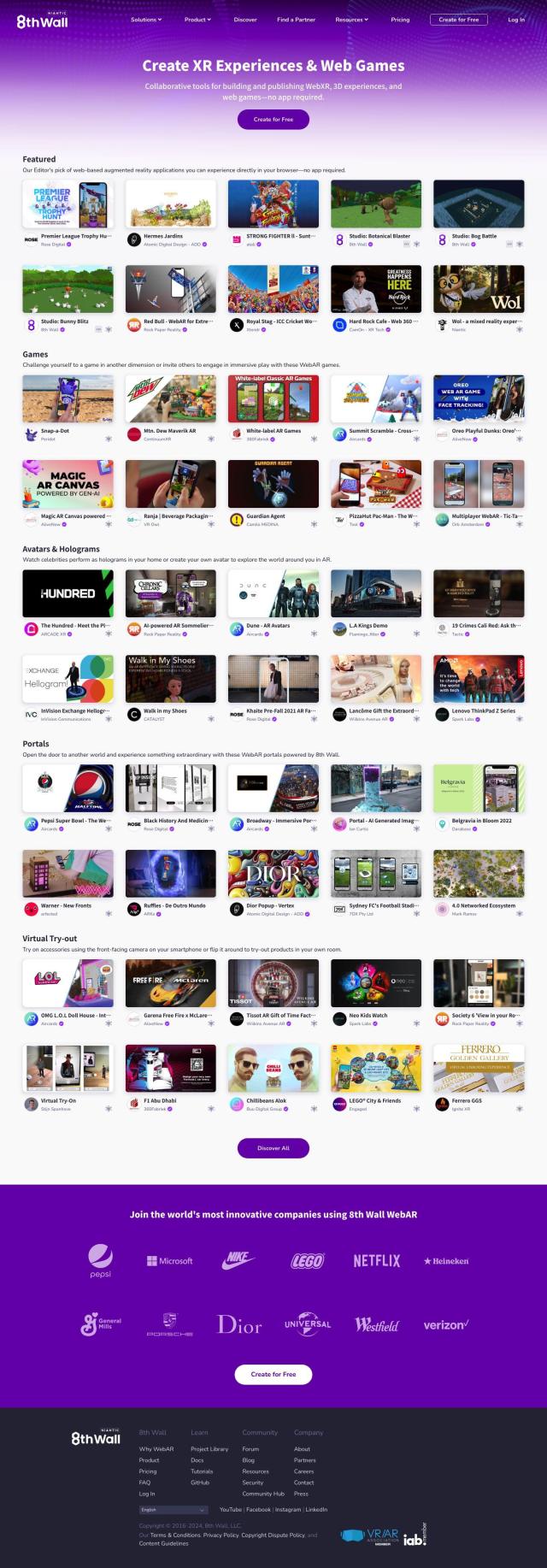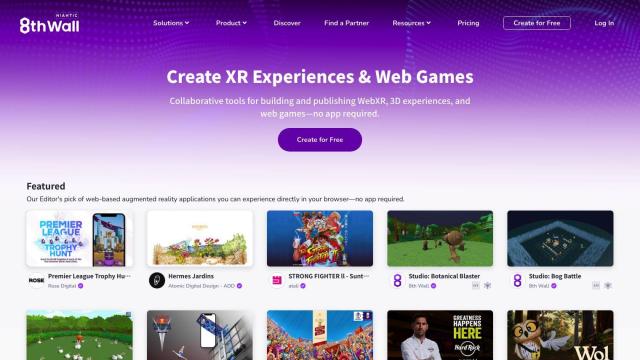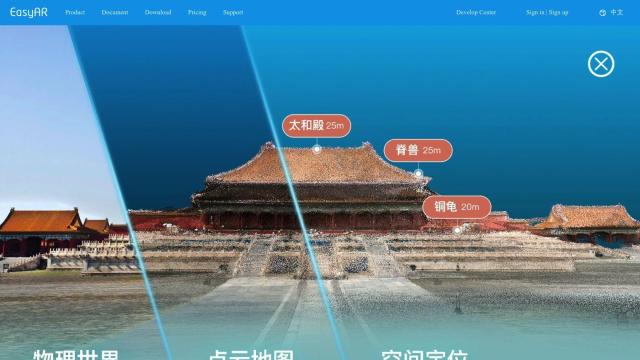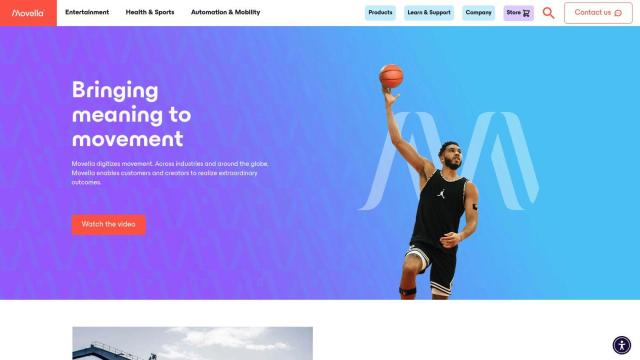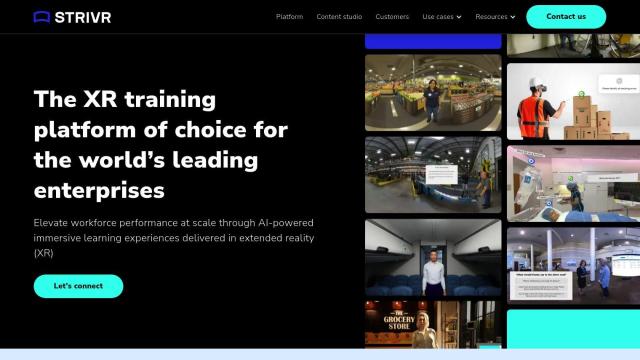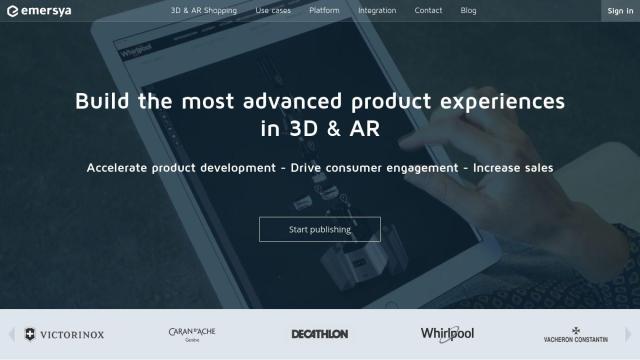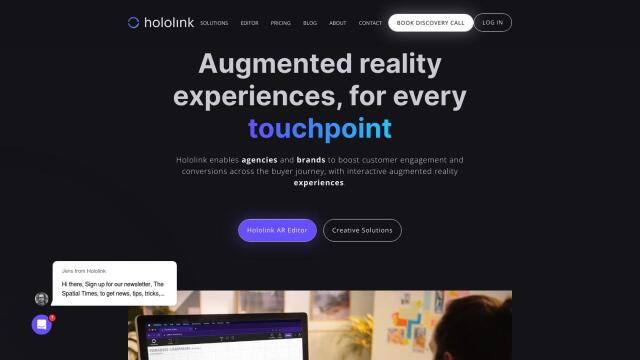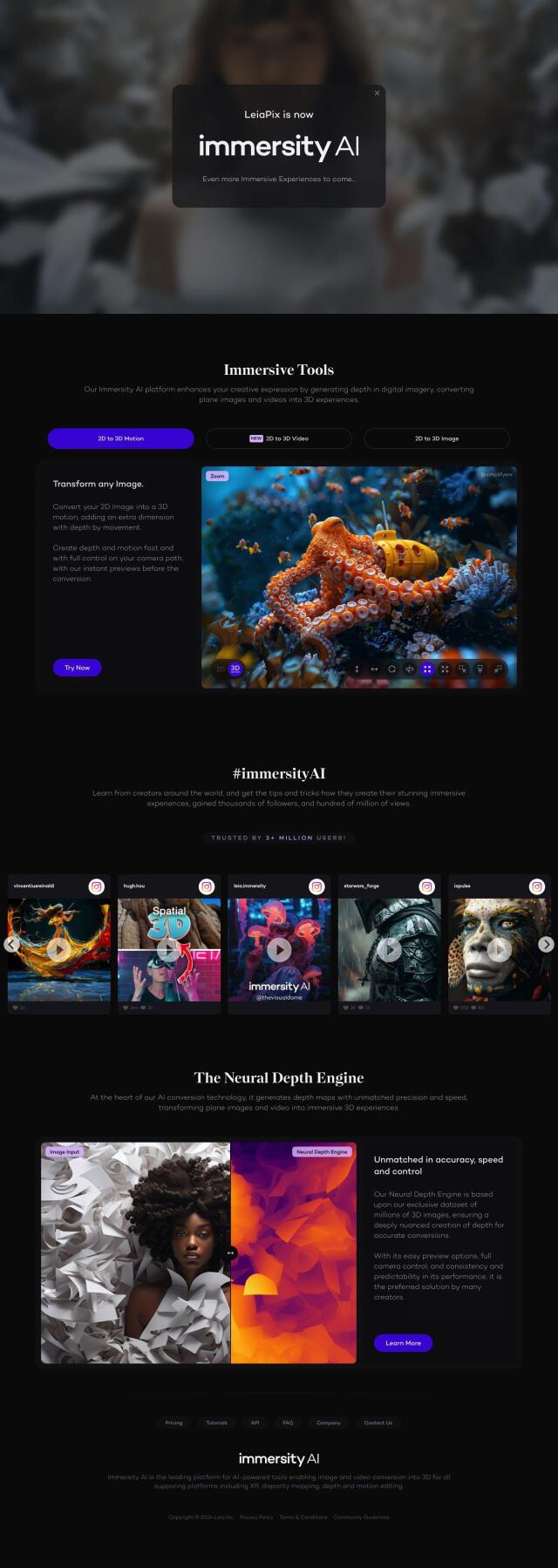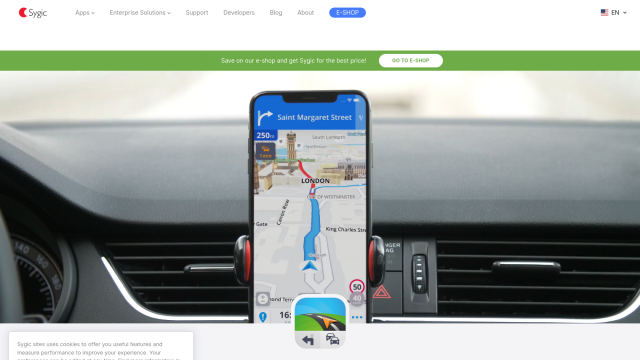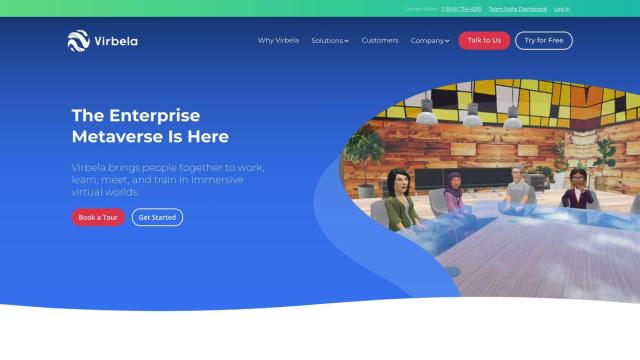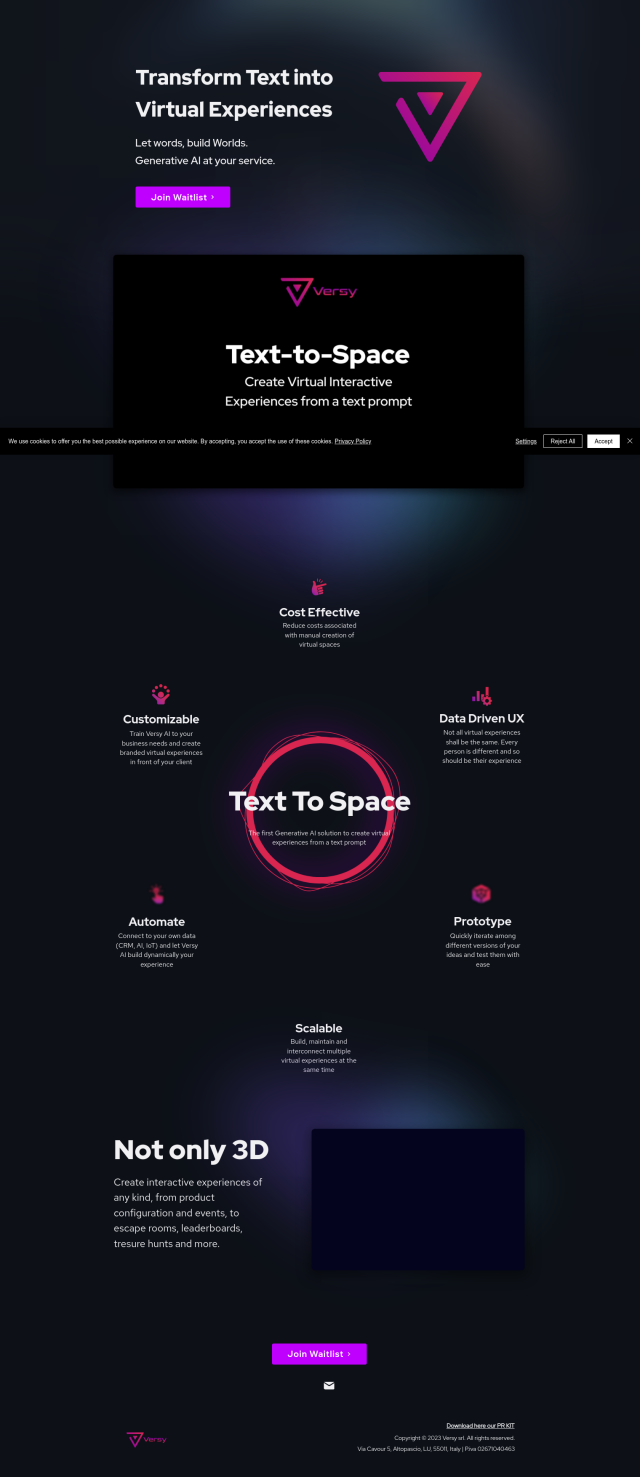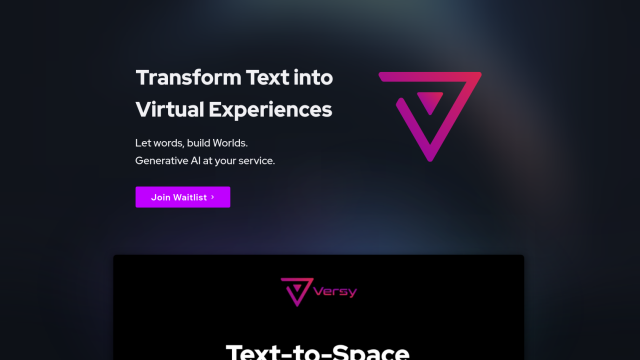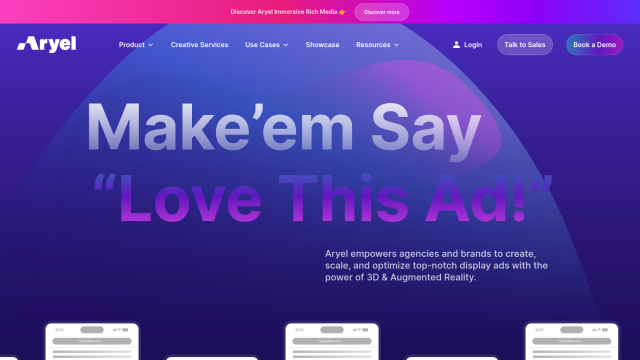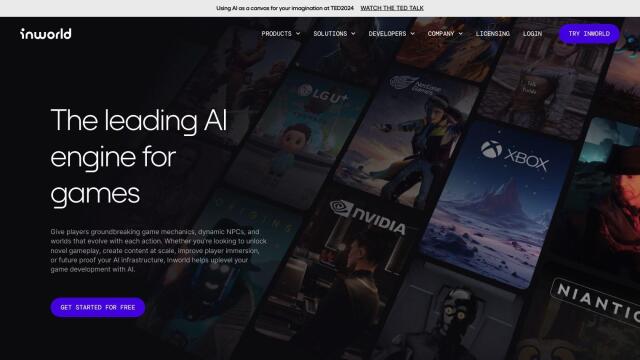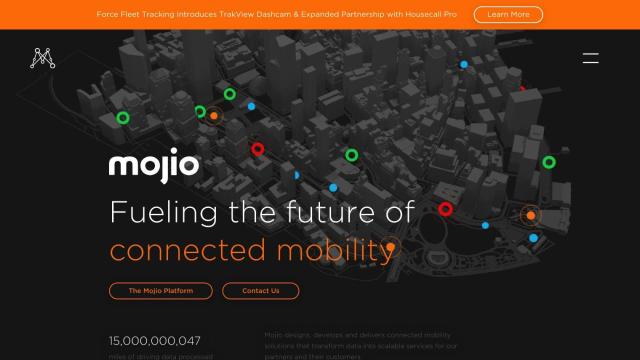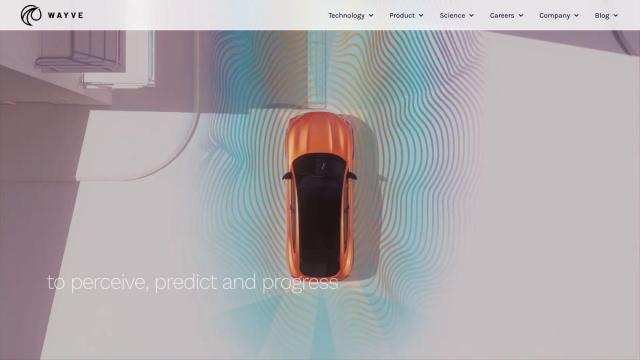Question: I'm looking for a unique in-car entertainment system that combines virtual reality with real-world car motion.

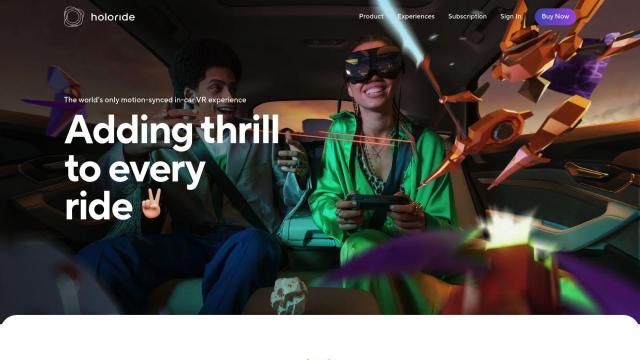
holoride
If you want something different for in-car entertainment that combines virtual reality with real-world car motion, holoride is a good choice. The motion-synced VR system transforms your daily drive into an immersive experience by using your car's motion to counteract motion sickness. It works with any car model or year, as long as you have a compatible VR headset and gamepad. The service has a library of experiences including games, movies and educational content, and you can subscribe or purchase a one-time hardware package.

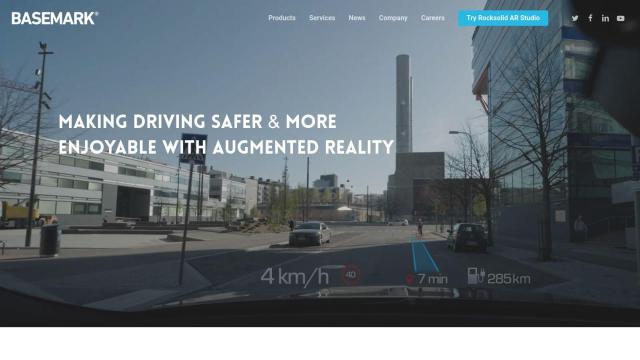
Basemark
Another interesting contender is Basemark, which is working on Augmented Reality (AR) and Advanced Driver-Assistance Systems (ADAS) for the next generation of cars. Its Rocksolid AR toolchain ensures accurate positioning and anchoring of AR content even in moving cars, helping drivers get a better sense of their surroundings and get real-time contextually relevant guidance. That could improve safety and make driving more fun.
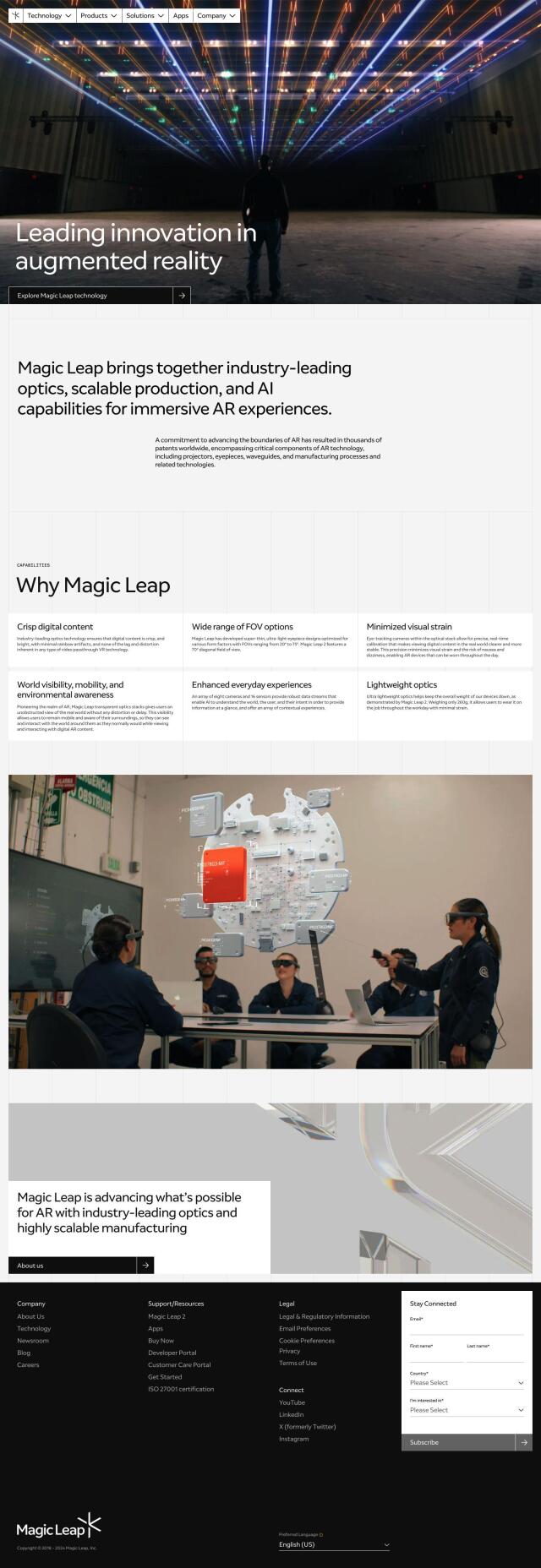
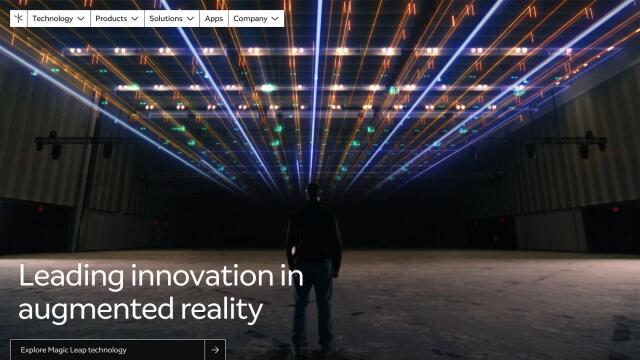
Magic Leap
If you want more-advanced AR technology, Magic Leap has a full AR platform with the most advanced optics and high-resolution digital imagery. It can accommodate a variety of field of view options and is geared for both work and personal use. The platform has powerful tools for developers to create and distribute AR apps, making it a serious contender for immersive in-car entertainment.


AFEELA
Last, AFEELA marries advanced sensing technology and AI to deliver a personalized and comfortable in-cabin experience. The system includes immersive entertainment, noise cancellation and advanced sensors, along with Level 2/2+ driving assistance that's still in development. But AFEELA promises to bring a new level of innovation to in-car entertainment.
